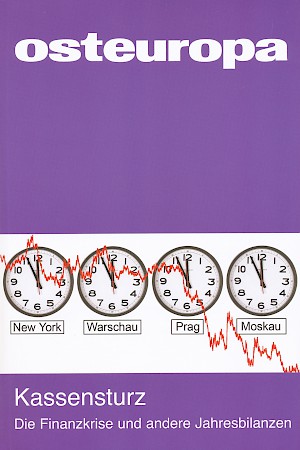Turbulence and Consequence
The imported Economic Crisis in East Central and Southeastern Europe
Deutsche Fassung
Abstract
For the first time since the reintroduction of the market economy 20 years ago, the states of East Central and Southeastern Europe are facing the massive consequences of an international financial market crisis. Particularly hard hit is Hungary, which was especially vulnerable due to a negative current account balance, a high level of state indebtedness, dwindling currency reserves, and a high level of public and private borrowing. Slovakia, where the withdrawal of international capital has not put pressure on the currency, has weathered the storm well. By contrast, Estonia and Latvia will plunge into recession because credit financed consumption has collapsed. However, banking systems throughout the region have proved rather stable because high risk securities played no role there. To a large extent, the real economic consequences are to be traced back to the collapse of demand from abroad. With that, the states of East Central and Southeastern Europe are being hit by a crisis for which they are hardly to blame.
(Osteuropa 12/2008, pp. 3–24)



